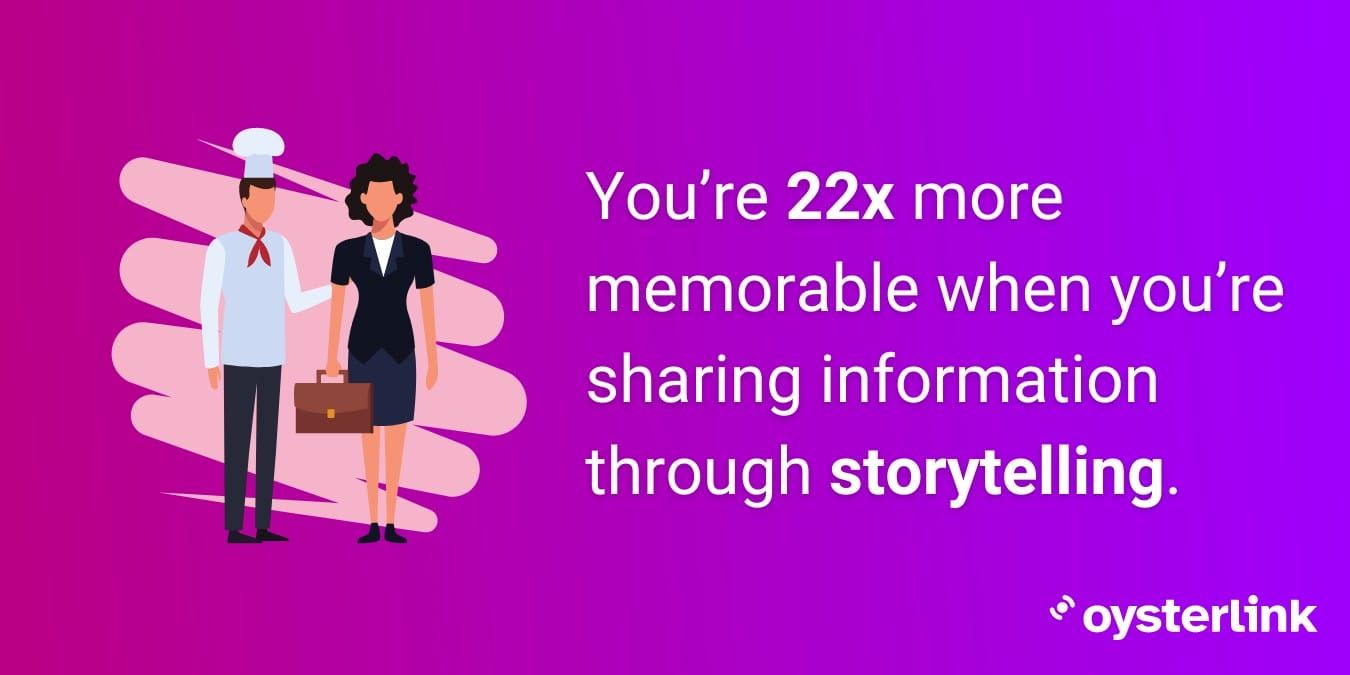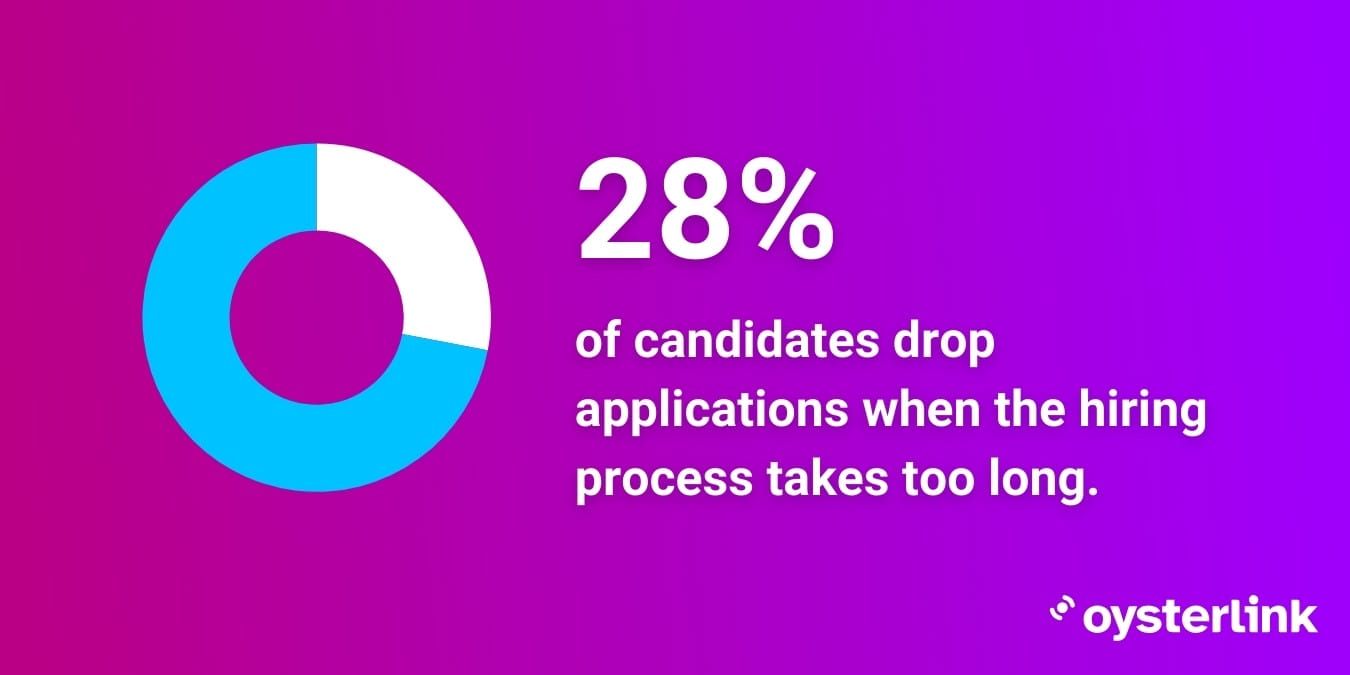Top 35 Executive Chef Interview Questions (& Expert Answers!)
As with most leadership positions, interviewing for this role role requires a lot of preparation. To help you ace your interview, we've compiled some of the most common questions asked of Executive Chefs so you can practice giving thorough answers.
Popular Executive Chef Interview Questions
Our interview questions cover professional background, culinary expertise, business acumen and personnel management. These are areas that employers will focus on to evaluate if you have the best set of skills, knowledge and experience to achieve their organization’s key performance indicators.
Types of Interview Questions for the Executive Chef Position
- Interview Questions About Your Professional Background: To answer questions about your professional background, use a storytelling approach to make yourself memorable. Renowned psychologist Jerome Bruner said that humans are 22 times more likely to remember information if it's woven into a story.
- Interview Questions Regarding Management Skills: Part of your duties as an Executive Chef is mentoring the kitchen staff. Employers would like to evaluate your leadership skills by asking you personnel management questions. When answering, use specific instances from your previous work to highlight your ability to spot talent and train and manage people.
- Executive Chef Interview Questions Regarding Culinary Skills: Executive Chefs are in charge of ensuring the quality of dishes served and creating innovative and cost-efficient menus. When answering questions related to this responsibility, provide a step-by-step explanation to share your thought process.
- Executive Chef Interview Questions About Business Acumen: Executive Chefs are valued for their ability to increase a restaurant's revenue, manage budgets and implement strategies to solve problems efficiently. When dealing with questions about your business acumen, provide concrete examples to support your answers.
What Are the Top Executive Chef Interview Questions and Answers?
Make sure to go through these 25 additional questions that will help you better prepare for the interview and boost your confidence by anticipating exactly what the employer might ask you.
Testimonial From an Established Executive Chef
Becoming an Executive Chef has its pros and cons, as a renowned Executive Chef in the industry was quick to point out to us.
What piece of advice would you give to young people who want to advance in the field?
"If you want to be an Executive Chef, please be ready to make sacrifices. You will miss important events, you will have long hours, and if you're an Executive Chef at a smaller restaurant like myself, you will be working alongside your team on the line.
Every restaurant is different, so be sure that where you work, you will be happy and able to flourish and grow. Because as Chefs we cannot stop learning. Everyone is different, but the best advice I can give is follow your heart. There are all kinds of Chefs, and not everyone is a Restaurant Chef. You will find your way through trial and error."
Steven Wagner, Private and Executive Chef
How To Prepare for an Executive Chef Interview
Aside from practicing answers to commonly asked interview questions, here are other tips that will help you make a lasting impact on the interviewer.
1. Ask questions
Interviews are a two-way street. Learn as much as you can about the company, team culture and processes to make sure they're aligned with your experience, skills and career goals. Below, we've given example questions you can ask your potential employer:
- What's the average turnover rate for kitchen staff?
- How are conflicts resolved within the kitchen team?
- How do you ensure that your kitchen staff is happy?
- How do you manage and track food, labor and operational costs?
- What are the financial goals of the restaurant this year?

2. Bring your portfolio
Your portfolio should align closely with the dishes offered by your potential employer. Aside from photos of your dishes, you can also include cost control reports that will help support your answers to interview questions about food cost management and budgeting.
3. Ensure a good night's sleep
Interviews are always nerve-wracking. But try your best to be well-rested the night before your interview to keep yourself focused and able to answer the questions excellently. You'll also look your best when you have quality sleep. So, keep this in mind as part of your interview preparation.
[Source: Escoffier Home Gourmet]
Interview Tips for Employers
Hiring for a leadership role requires careful planning to ensure you choose the right candidate. A bad hire can potentially demoralize the team, incur unnecessary costs and slow down operations. Below are some tips to help you hire the best staff for your organization.
- Make the hiring process as fast as possible: Interviewing for leadership positions such as Executive Chef usually takes longer, but make sure to avoid excessive delays that can extend the hiring process beyond four weeks. BBC shares that 28% of candidates drop their application if the process takes too long.

- Break the ice: Make an effort to alleviate tension. This helps build rapport between you and the candidate. When a candidate feels comfortable in the environment, they're able to share more. From your end, you get to see their true personality and evaluate if their communication style would be a good fit for the team.
- Conduct a taste test: After the interview, consider having a taste test so you can assess the candidate's creativity, efficiency and commitment to quality standards. You can ask them to create your establishment's signature dish. Consider involving other members of the kitchen staff in the taste test to provide an even more comprehensive assessment.



